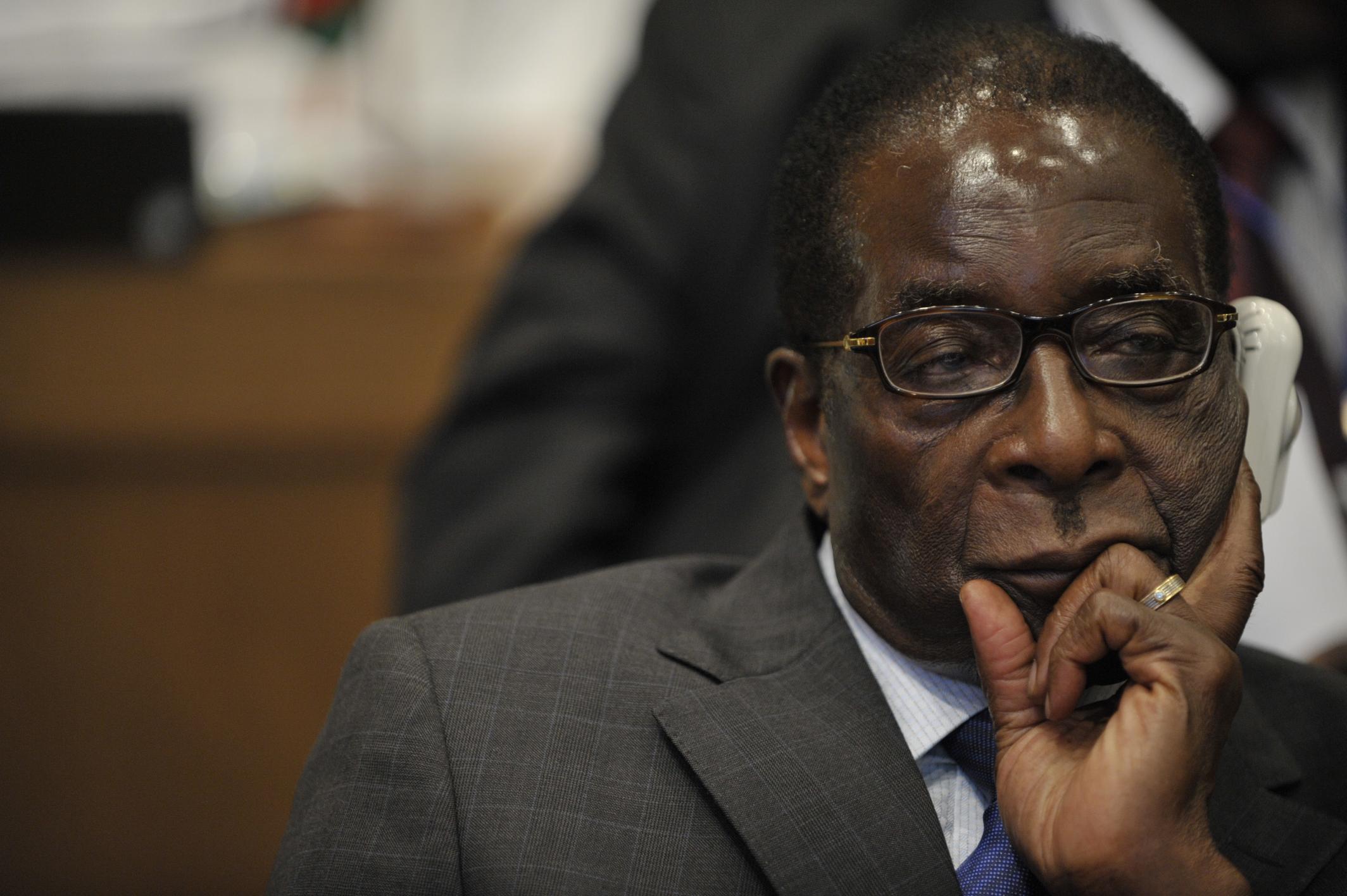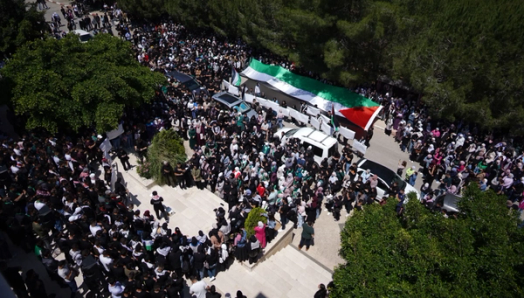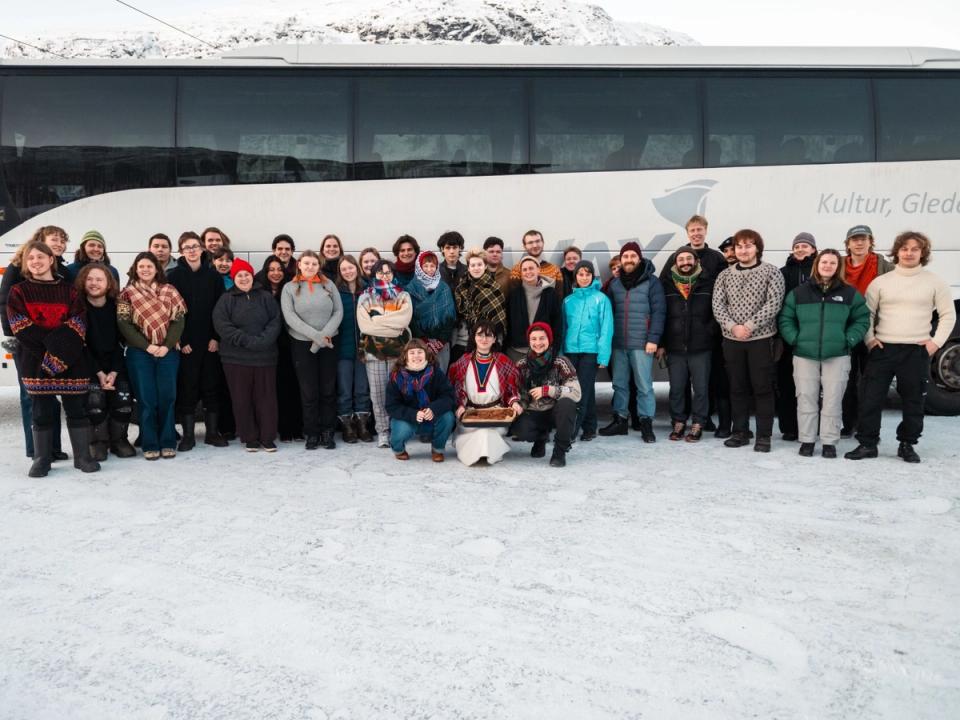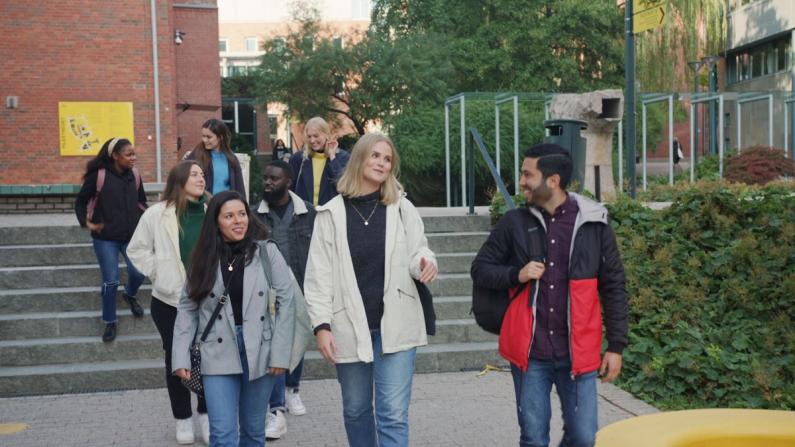Nyhet
Zimbabwe: Of spies, academic freedom and institutional autonomy

His name was Professor John Makumbe. Unfortunately, he passed away in 2013 but he was one of the few lecturers in Zimbabwe who never deprived his students of academic information because he feared persecution.
Years after his death, few lecturers in the country are prepared to air sentiments that present the government in a negative light even if such views are crucial for imparting academic knowledge to their students.
In a country where anti-government activists disappear without a trace and people are arrested for “undermining the authority of the President”, a political science professor giving a lecture is more than likely going to skip that part of his notes where the president is described as a fascist dictator, even if it is an appropriate portrayal of the head of state.
Draconian laws
After all, many have seen the inside of a cell for calling the president of Zimbabwe much less, thanks to the draconian Criminal Law (Codification and Reform) Act which prevents the free-flow of information.
Other laws which curtail academic freedom – which affects free research, discussion and dissemination of academic knowledge – include the Access to Information and Protection of Privacy Act and the Official Secrets Act, which are constantly used to deny journalists and researchers access to information and hinder them from disseminating it.
It is said of Zimbabwe’s tertiary institutions that if you were to graduate today and visit your college five years later you will be sure to bump into some familiar faces; not lecturers, college workers, masters or doctoral students, but perennial undergraduates who spend an inordinate number of years at colleges without graduating.
Many view this to be very suspicious and an indication that the perennial ‘students’ are not students at all but undercover Central Intelligence Organisation operatives.
Saying the ‘wrong thing’
This belief prevents the free flow of information on campuses because students believe that saying the ‘wrong thing’ in the presence of the ‘wrong person’ can get them into a lot of trouble. As a result, many students are afraid of criticising the government during lectures, tutorials or any other form of academic discourse on campus.
They are so careful when speaking it is as if they fear that someday their words will be played back to them by some secret recording device they weren’t aware of at the time of making their utterances.
At the University of Zimbabwe, the presence of secret agents on campus was recently exposed when Tonderai Dombo, a graduating student, waved a placard at President Robert Mugabe during a graduation ceremony held in September. A number of agents went for the graduate and quickly whisked him away.
A college, however, is not the only place where the safety of students and academics is not guaranteed. They seem to be no safer outside the gates of a college than inside. In 2012, a researcher-cum-activist named Paul Chizuze is said to have gone missing in the small border town of Beit Bridge at a time he was documenting data on a topic the government considers to be very sensitive. Up until now he has not been found.
Disappearances
Mysterious disappearances of researchers, broad-daylight campus abductions of students, fear of spies and inhibitive legislation leads one to conclude that academic freedom in Zimbabwe is a mythical creature which only exists on the pages of the country’s constitution.
But academic freedom is not the only pre-requisite for quality education and national development which is lacking in Zimbabwe. Institutional autonomy, which refers to independence of tertiary institutions from the state and all other organs of society when making decisions regarding its internal government, is also absent.
The resignation of Walter Kamba – the first black vice-chancellor of the University of Zimbabwe – at a graduation ceremony in 1992 citing government interference and threats to academic freedom marked the official death of institutional autonomy in Zimbabwe. All vice-chancellors appointed after his resignation countrywide have acted as functionaries of the state, defending its interests and shielding it from criticism.
This is mainly because vice-chancellors, who are responsible for running public colleges in Zimbabwe, are appointed by the president of Zimbabwe who doubles up as chancellor of all state institutions. Because they serve at the pleasure of the head of state, vice-chancellors in Zimbabwe will do anything to defend the state and its head.
Lack of institutional autonomy
This, more than anything else, has compromised institutional autonomy in Zimbabwe. Even where institutions are given the power to determine some aspects of their internal government by the law, the government ignores this and interferes unnecessarily.
Early this year, Minister of Higher and Tertiary Education, Science and Technology Development Professor Jonathan Moyo blocked the appointment of Gatsha Mazithulela to the post of pro vice-chancellor at the National University of Science and Technology or NUST. This he did despite the fact that Mazithulela had been appointed to that post by the NUST council which, according to the NUST Act, has the power to make such an appointment.
State interference and involvement in the appointment of top college officials has a negative effect on the lives of students and the proper functioning of a college. Government-appointed vice-chancellors in Zimbabwe, as alluded to earlier, defend and protect the interests of the political elite at the expense of those of students and the institution.
Student suspensions
They issue politically motivated suspensions against students who challenge the state or support the opposition.
In August this year, Archbold Madida, a student from Midlands State University, or MSU, was suspended after being photographed while holding a placard inscribed with a message supporting the opposition. An issue was raised over use of the MSU logo in the photo as a basis for the suspension but it was overturned by the High Court.
During the time he was on suspension, Madida was denied his right to education because of the MSU vice-chancellor’s quest to please his political masters.
Vice-chancellors have also been accused of unprocedurally dishing out degrees to members of the political elite. The vice-chancellor of the University of Zimbabwe, Levi Nyagura, came under fire for allegedly awarding a PhD to First Lady Grace Mugabe under unclear circumstances in 2014.
Reports of such occurrences bring the name of an institution into disrepute: who in their right mind wants to hire a graduate from a college where degrees are said to be given unprocedurally?
All in all, it can be said that both academic freedom and institutional autonomy are lacking in Zimbabwe and lack of the latter has a direct bearing on the former. Because there is no institutional autonomy, college heads are appointed by the state instead of internal bodies like the university council. As a result, they are loyal to the state; in a bid to protect it they prevent the enjoyment of academic freedom by students and lecturers.
This article was originally published by University World News. See the original article here.







